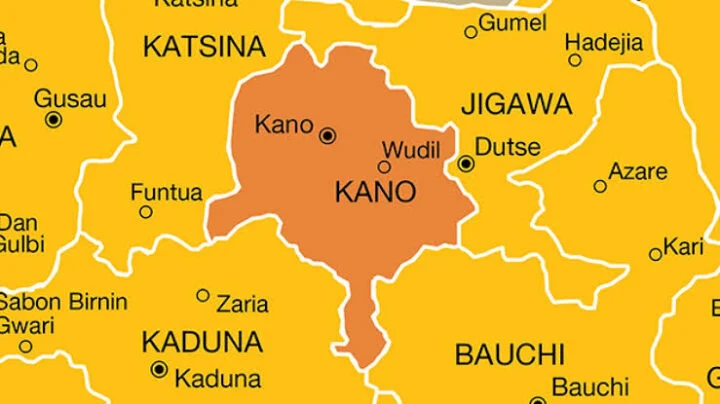Health policy and health systems experts, Prof. Jesse Uneke, have decried the high prevalence rate of malaria in Kano State despite various interventions.
He asserted that the state contributes to 10 percent of national malaria prevalence as a result of poor antenatal care attendance, poor implementation of intermittent prophylactic treatment policy, poor adherence to treatment guidelines and limited reporting from private health facilities among others.
Prof. Uneke made this known in Kano, during a stakeholders workshop organised by the African Institute for Health Policy and Health Systems and the office of the vice chancellor, David Umahi Federal University of Health Sciences (DUFUHS) in collaboration with partners.
Prof Uneke, who is also the vice chancellor of DUFUHS, commended the Kano State government for the exceptional commitment towards the elimination of malaria and intervention inputs, urging it to identify implementation barriers and delve into context-specific solutions to address the barriers.
He therefore advocated for the adoption of malaria sub-national tailoring to tackle the challenge, highlighting the importance of collaborative engagement to co-creating a state policy that will help in improving interventions.
Read also:
- Ned Nwoko urges multi pronged attack against malaria
- Delta State Government pledges support for Malaria eradication
- Malaria vaccination begins as Nigeria targets global pharma leadership
In his paper presentation on the topic: “Role of evidence in policy process: insight into malaria control and interventions in Kano State,’ another health policy expert, Dr. Onyedikachi Chukwu emphasized on the need for policymakers to develop their capacities, search for best available evidence as well as locally generate evidence while making public policies.
He said findings of the rapid review of the available evidence on malaria control interventions in Kano State, has revealed shortfalls in the implementation, hence the need for local interventions strategies.
Meanwhile the event was attended by health policy makers, government officials, researchers from Bayero University Kano, officials of from the Kano State Malaria Elimination Programme, Kano State Primary Health Care Development Agency, Kano State Hospital Management Board, Malaria Consortium, civil society organizations, and the Nigerian Union of Teachers (NUT), among others.
